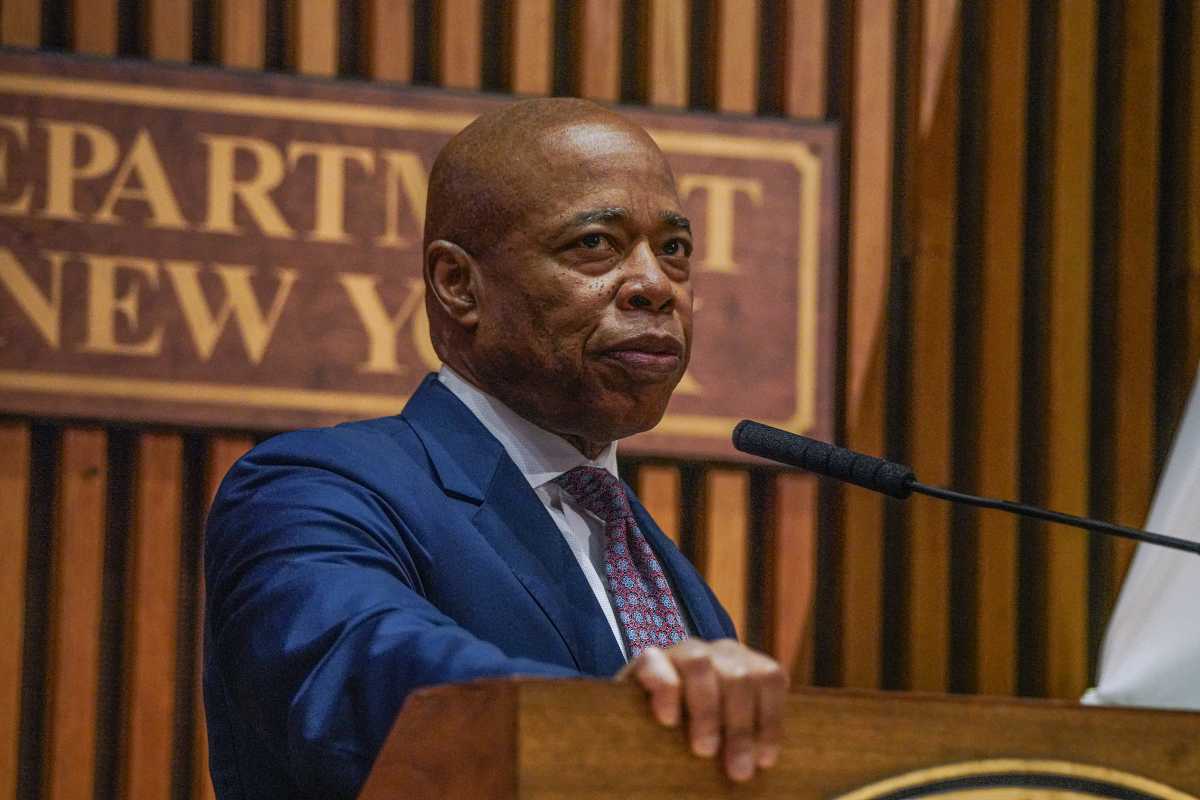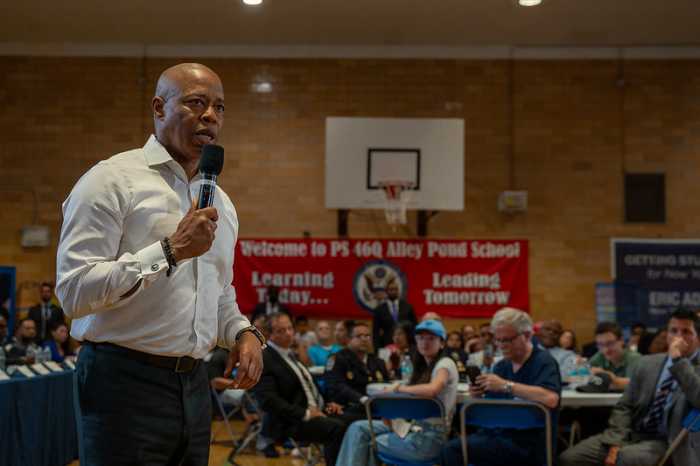Calling it a historic day, Governor Andrew Cuomo signed legislation legalizing recreational use of marijuana for adults across the state.
The Marijuana Regulation and Tax Act (MRTA) will establish a new office for the regulation of cannabis and decriminalize the use of marijuana while enacting a program to reinvest millions of dollars in minority communities that were most affected during the war on drugs.
The legislation provides licensing for marijuana producers, distributors, retailers and other actors in the cannabis market and creates a social and economic equity program to assist individuals disproportionately impacted by marijuana enforcement who want to participate in the industry. Tax collections from the adult-use cannabis program are projected to reach $350 million annually and there is potential for the industry to create 30,000 to 60,000 new jobs across the state.
“This is a historic day in New York, one that rights the wrongs of the past by putting an end to harsh prison sentences, embraces an industry that will grow the Empire State’s economy, and prioritizes marginalized communities so those who have suffered most will be the first to reap the benefits,” Cuomo said.
State Senator Michael Gianaris, a co-sponsor of the legislation, said the new law will include social equity programs and will allocate revenue to the communities most affected by the ineffective war on drugs.
“Our action today begins to correct years of injustice in the name of the war on drugs,” Gianaris said. “This new law will also expunge criminal convictions for actions that will no longer be illegal and fairly address questions of equity, economic opportunity and justice long-denied. I am proud our state Senate majority was able to achieve what was elusive for so long and am thankful to my colleagues for their relentless drive to get this done.”
Assemblywoman Jessica González-Rojas was a co-sponsor of the legislation in the lower chamber.
“In the last two decades, over 800,000 arrests related to marijuana have been made and lives have been harmed by the racist war on drugs. This legislation will result in the sealing and expungement of prior convictions related to possessing and selling cannabis,” González-Rojas said. “It will also generate revenue at a time when the fiscal state of New York is uncertain and while that is certainly a good outcome, I want to be very clear: we cannot buy back what the war on drugs has stolen from communities of color. But this is a step towards healing.”
In southeast Queens, state Senator James Sanders was not in favor of legalization of marijuana until the MRTA was crafted in a way that benefited the citizens of New York while mitigating potential harms.
“Every day, this country is moving towards total legalization of cannabis. Rather than continuing to fight a losing battle, we must make sure that we get legalization right,” Sanders said. “We must ensure that those who have been harmed by it get justice. This legislation has one of the most robust social equity programs of any state that has legalized cannabis to date. I know this because I have traveled to and spoken with many states regarding their social equity programs.”
Approximately half of the business licenses will be issued to “social equity applicants” including people from communities impacted by cannabis prohibition, minority- and women-owned businesses, distressed farmers and service-disabled veterans.
“I know many of my constituents have concerns. Those concerns are valid. However, if we can control the legal market, we can make sure that the illicit market only grows smaller,” Sanders said. “The battle is not over, my friends. While this legislation is a good starting point, it is only the beginning. The actual implementation of cannabis legislation has to have the effect intended by this legislation. We also must go another step and hold our elected officials and enforcing agencies accountable for making sure we do this in the safest and best way possible for the state and our citizens. We have a long way to go before we are where we want to be. But today, we have taken a good first step.”



































